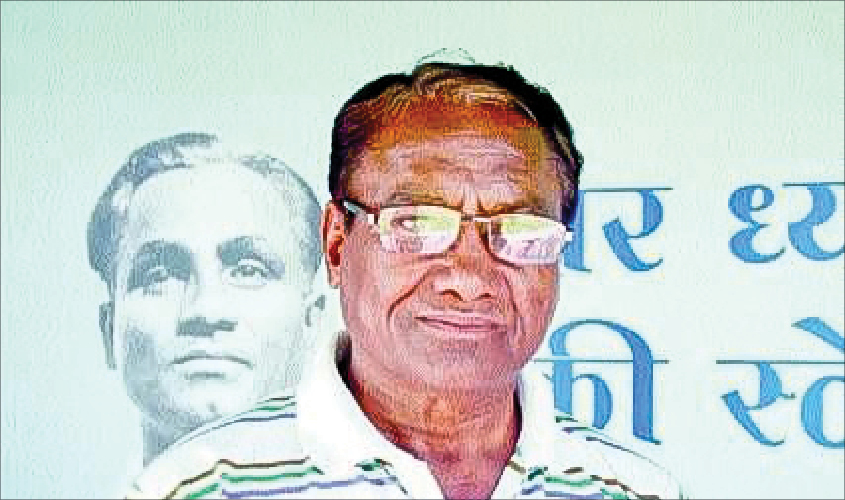It was in 2012 that many, who believed hockey to be the national game of India, were caught by surprise when the Union ministry of Youth Affairs, while replying to an RTI, declared that India does not have a national game. Stating the golden history of hockey between 1920s and 1980s, many argued that the game should be awarded the status of the national game. But after all the whys and wherefores, the debate died down with no conclusion.
However, the issue is once again brought into discussion after Odisha Chief Minister Naveen Patnaik wrote to Prime Narendra Modi to notify hockey as the national game as the state gears up to host the men’s hockey World Cup 2018.
As players and personalities put forth their arguments as to which sport should be officially proclaimed as the national game of India, former Indian hockey player and son of legendary player Dhyan Chand, Ashok Kumar believes that hockey should have been given this status much earlier given the incomparable achievements in the game and its self-explanatory history.
The Indian men’s hockey team has total of eight gold, one silver and two bronze medals in the Olympics. India won its first Olympic gold in 1928 and remained unbeaten in the Olympics till 1956, gaining six gold medals in a row. Also, India has won three World Cups in the game.
“India has won eight gold medals in Olympics, leave aside silver and bronze medals. Which other sport has given India these many medals? Hockey has had its golden period. We have a maximum number of Arjun awardees, other than that we have Rajiv Gandhi Khel Ratna awardees, Dronacharya awardees, Dhyan Chand awardees. And above all, we commemorate National Sports Day on the birth anniversary of legendary hockey player Dhyan Chand,” Kumar told The Sunday Guardian in a telephonic interview.
“If we talk of cricket, they have just two World Cups. If we just want to go by the crowd strength, then gaining popularity is quite common these days,” Kumar, member of the 1975 World Cup winning squad, added.
However, he also agreed that the game has seen its decline in the recent time. It was in 1980 that the Indian men’s hockey team last won a medal at Olympics. India failed to qualify for the 2008 Olympics, while finished last in the 2012 Olympics. Also, India has not won a hockey world cup after 1975.
Kumar believes this has happened as India failed to adapt with the changes made to the game, one of which was practising on astro-turf grounds than the regular grass fields.
Till the early-1970s, hockey was played on grass in all international events.
But in the 1976 Montreal Olympics, astro-turf was first used in hockey and henceforth all Olympic Games were played on it. After the introduction of the new playgrounds in Olympics, India won only once.
“Hockey failed in terms of mass appeal because appropriate changes, which were needed after 1980s, did not happen. We do not have availability of grounds. How many schools and colleges, after we won the 1980 Olympic on turf, took initiative to setup astro-turf grounds?” the 68-year-old said.
He added, “A turf ground needs an investment of around Rs 5 crore. Hockey has become one of the games now which cannot sustain without government’s or corporates’ help. A club in itself cannot lay a turf ground. So all the stakeholders need to show their interest in developing the game else the medal count will keep on declining.”
Sticking to his stance, Kumar argued that once hockey is declared the national game of India, the facilities which are to be provided to players at the very grass-roots level will also improve.
“We do not have playgrounds and are expecting our children to do well in hockey. It is only after you give a child a horse that he learns to ride it,” Kumar concluded.

